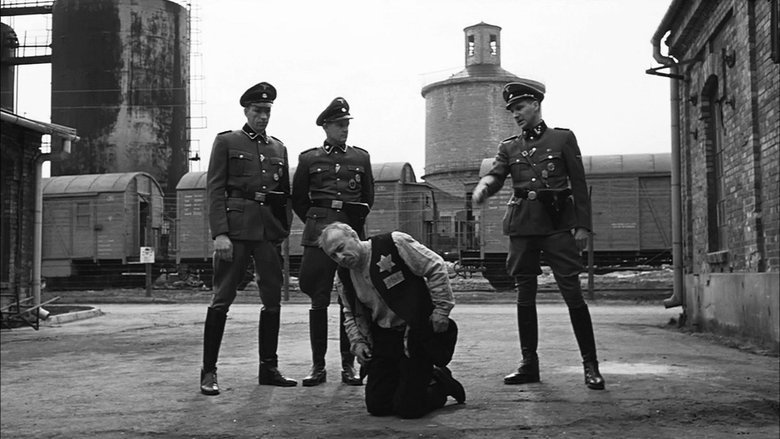Top World War movies you need to see
Explore the most impactful cinematic portrayals of global conflict. These films capture the bravery, tragedy, and harsh realities of war. Prepare for a list of essential viewing.

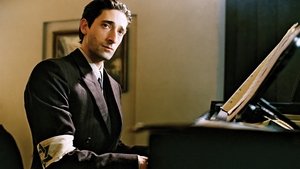

World War movies hold a unique and often challenging place in cinema. They strive to capture the immense scale and devastating human cost of global conflict, transporting viewers to pivotal moments in history. This genre isn't just about action; it's about exploring the profound impact of war on individuals and societies.
Filmmakers face the difficult task of balancing historical accuracy with compelling narrative. The technical challenges of recreating battles and the emotional weight of portraying unimaginable suffering require immense skill and sensitivity. Think of the groundbreaking realism attempted in films like Saving Private Ryan, which redefined battlefield depiction, or the stark, psychological focus of classics like Paths of Glory.
Beyond the fighting, these movies delve into stories of survival, sacrifice, and the enduring human spirit. They show us the strategies, the horrors, and the quiet moments of humanity amidst chaos. From epic land battles to naval conflicts and the devastating impact on civilians, the range of stories is vast. The films in the upcoming list represent some of the most critically acclaimed and powerful portrayals of World Wars ever made, offering essential viewing for understanding this critical period through the lens of cinema.
9. Letters from Iwo Jima (2006)
As a companion piece to his film Flags of Our Fathers, Clint Eastwood's Letters from Iwo Jima offers a unique perspective on the brutal battle for the island – that of the Japanese soldiers defending it. This decision to tell the story from the opposing side provides a rare and insightful look into their motivations, fears, and humanity.
The film is primarily in Japanese with subtitles and features strong performances, particularly Ken Watanabe as General Kuribayashi. It portrays the grim reality of their desperate defense and the immense pressure they faced. By focusing on the individual experiences and sacrifices of the Japanese soldiers, the film serves as a powerful reminder that war has a human cost on all sides. It's a somber, respectful, and illuminating counterpoint to traditional Western perspectives on the Pacific War.
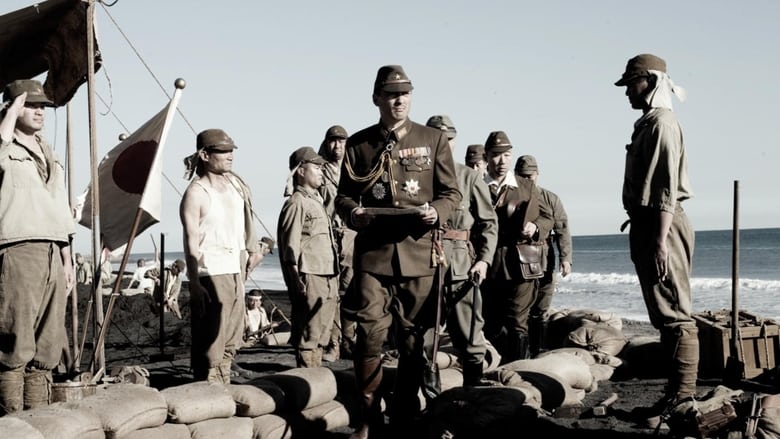
8. The Great Escape (1963)
The Great Escape is a thrilling adventure film based on the true story of a mass escape by Allied prisoners of war from a German POW camp during WWII. Featuring an iconic ensemble cast including Steve McQueen, James Garner, and Richard Attenborough, the film captures the ingenuity and determination of the prisoners.
While taking some creative liberties with the historical events, the movie excels as an exciting caper. The sequences of digging tunnels, forging documents, and planning the escape are incredibly engaging. Steve McQueen's motorcycle scene is particularly legendary and became an enduring cinematic image. It's a film that balances moments of tension and peril with a sense of camaraderie and daring spirit, celebrating the courage of those who refused to give up hope for freedom.

7. The Bridge on the River Kwai (1957)
A true classic of wartime cinema, The Bridge on the River Kwai is set in a Japanese POW camp in Burma during WWII. The film centers on the conflict between a British colonel, played brilliantly by Alec Guinness, and the Japanese camp commander, as they both become fixated on the construction of a railway bridge.
Guinness's performance as Colonel Nicholson, a man whose rigid adherence to military code blinds him, is particularly captivating. The film explores complex themes of duty, honor, madness, and the absurdities of war. Its famous whistling tune, the Colonel Bogey March, is instantly recognizable. The Bridge on the River Kwai won seven Academy Awards, including Best Picture, and remains a compelling drama about the clash of wills and the destructive nature of obsession.

6. The Thin Red Line (1998)
Terrence Malick's return to filmmaking after a long hiatus, The Thin Red Line, offers a more philosophical and introspective look at the battle of Guadalcanal. Rather than focusing on traditional plot or character arcs, the film weaves together the experiences and internal thoughts of various soldiers through voiceovers and stunning natural imagery.
Featuring an enormous ensemble cast of notable actors (many of whom have relatively small roles), the film is less about the strategic maneuvers of war and more about the existential impact it has on the men fighting it. It explores themes of nature versus war, the loss of innocence, and the search for meaning amidst chaos. While perhaps not as action-packed as some war films, its meditative quality and beautiful cinematography make it a unique and thought-provoking entry in the genre. It's a film that asks profound questions about humanity and conflict.

5. Hacksaw Ridge (2016)
Hacksaw Ridge tells the extraordinary true story of Desmond Doss, an American combat medic in WWII who, due to his religious beliefs, refused to carry or use a weapon. Directed by Mel Gibson, the film contrasts Doss's unwavering principles with the brutal realities of the Battle of Okinawa.
Andrew Garfield gives a compelling performance as Doss, portraying his quiet determination and courage. While the combat sequences are incredibly intense and graphic, they serve to highlight the almost unbelievable bravery of Doss, who single-handedly saved dozens of wounded soldiers from behind enemy lines without ever firing a shot. The film is a powerful exploration of faith, conviction, and heroism in the face of overwhelming violence. It's a testament to a remarkable individual whose actions earned him the Medal of Honor.
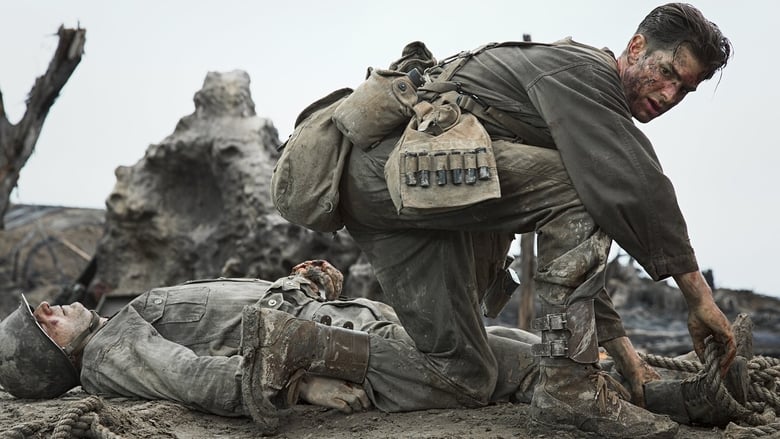
4. The Pianist (2002)
Roman Polanski's The Pianist tells the harrowing true story of Władysław Szpilman, a Polish-Jewish pianist who survived the Nazi occupation of Warsaw. Adrien Brody delivers an absolutely transformative, Oscar-winning performance as Szpilman, depicting his physical and emotional deterioration as he hides in the ruins of the city.
The film is a deeply personal and often agonizing portrayal of isolation, resilience, and the struggle for survival against unimaginable odds. Polanski, himself a Holocaust survivor, brings a stark authenticity to the depiction of the Warsaw Ghetto and the city's destruction. It's a powerful testament to the enduring power of the human spirit and the role of art, specifically music, as a source of solace and connection even in the darkest times. The Pianist is a critically acclaimed and emotionally resonant film that earned multiple accolades, including the Palme d'Or at Cannes and three Academy Awards.

3. Dunkirk (2017)
Christopher Nolan takes a unique approach to the WWII evacuation in Dunkirk. Rather than focusing on character backstories, the film plunges you directly into the experience of survival from three interwoven perspectives: land, sea, and air. The narrative unfolds across different timelines (one week on the mole, one day on the sea, one hour in the air), building incredible tension through its structure.
Nolan's commitment to practical effects and large-scale sequences is evident throughout, creating a truly immersive experience. Coupled with Hans Zimmer's relentless, ticking-clock score, the film is a masterclass in suspense and atmosphere. It's less about dialogue and more about the raw, desperate struggle to escape the beaches, highlighting the sheer scale and peril of the historical event. Dunkirk is a taut, intense, and visually stunning depiction of a pivotal moment in the war.
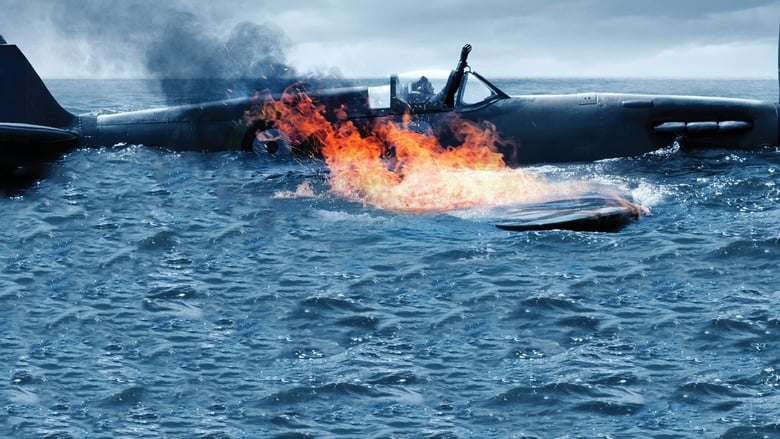
2. Saving Private Ryan (1998)
Often cited as one of the most impactful war films ever made, Saving Private Ryan redefined how combat was depicted on screen. Steven Spielberg's direction is unflinching, particularly in the brutal and chaotic opening sequence on the beaches of Normandy. This scene alone is legendary for its visceral realism and technical innovation, placing the viewer directly into the heart of the D-Day invasion.
Beyond the spectacle, the film features a strong ensemble cast led by Tom Hanks, portraying a group of soldiers tasked with finding and bringing home one man. The performances feel grounded and authentic, exploring the immense toll of war on the individual. The film's commitment to historical detail and its exploration of the human cost of conflict left an indelible mark on cinema and earned Spielberg another well-deserved Oscar for Best Director. It's a powerful, intense, and deeply human look at the sacrifices made during WWII.
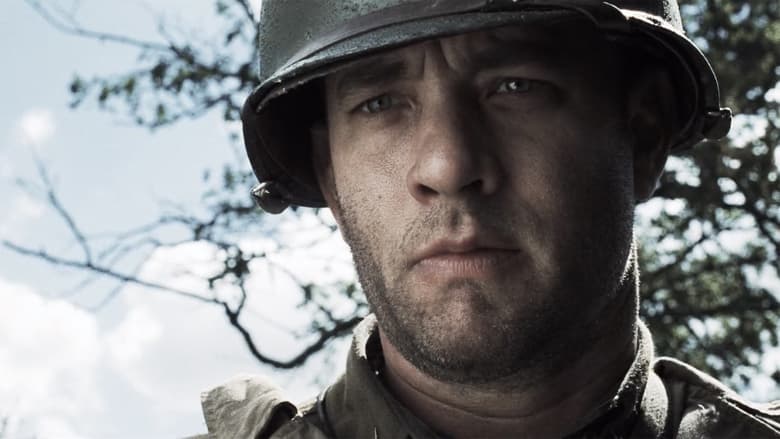
1. Schindler's List (1993)
Steven Spielberg's masterpiece, Schindler's List, is a profoundly moving and essential film about the Holocaust. Shot primarily in black and white, this stylistic choice lends a stark, documentary feel that underscores the grim reality of the events depicted. Liam Neeson delivers a powerful performance as Oskar Schindler, the German businessman who saved over a thousand Polish-Jewish refugees during the war.
John Williams' haunting score is another standout element, providing a deeply emotional backdrop without ever feeling overly sentimental. It's a film that doesn't shy away from the horrors but also highlights the incredible acts of courage and humanity that emerged from the darkness. Schindler's List won seven Academy Awards, including Best Picture and Best Director, cementing its place as one of cinema's most significant achievements. It's a challenging watch, but absolutely necessary for understanding a crucial period of history.
